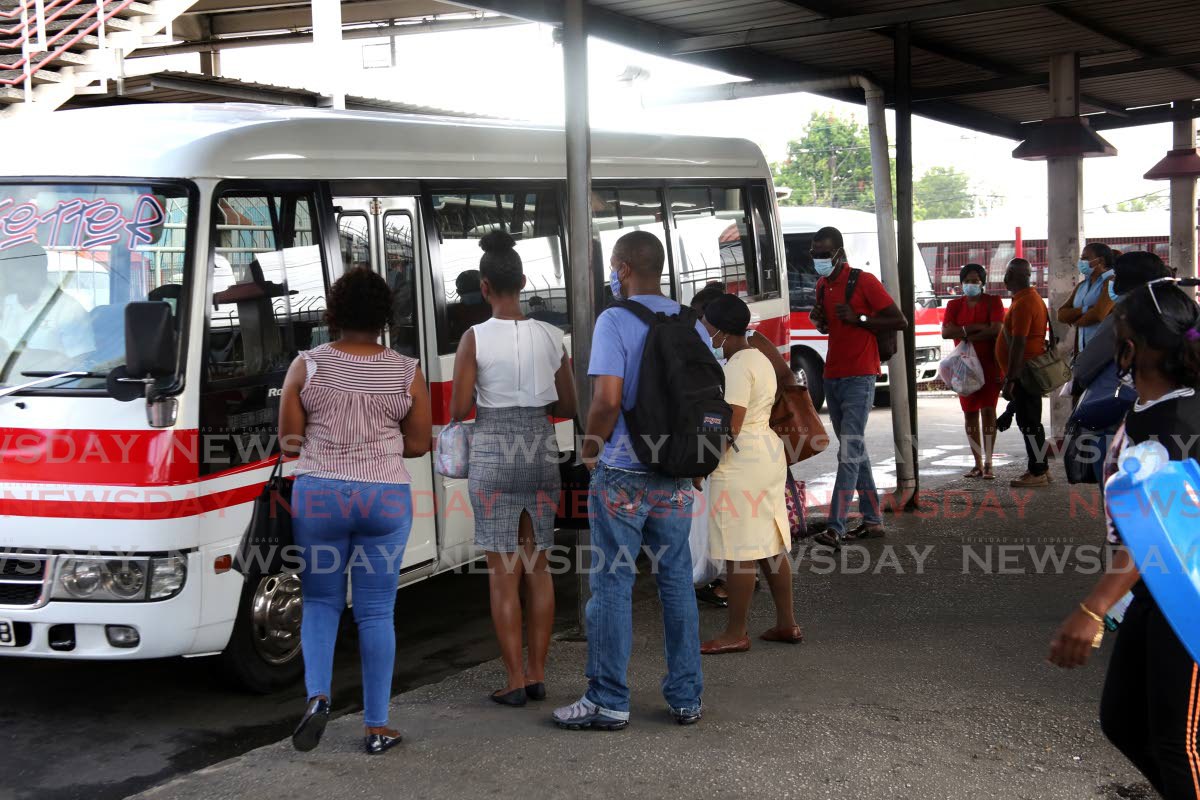SYDNEY — The Pacific nation of Tonga, scrambling to recover from a devastating volcanic eruption on Saturday that sent tsunami waves halfway around the world, faces a new threat: a potential “tsunami” of coronavirus infections.
Aid groups and defense officials from Australia and New Zealand are working on contactless ways to deliver water and other vital supplies to the remote archipelago kingdom, which is one of the few places in the world to remain essentially free of the virus. (Residents went into a brief lockdown in November when a single case, Tonga’s first, was detected in a person at a quarantine hotel.)
“As much as we are going to send assistance, we will still need to follow the covid-19 protocols to keep the people in the population safe, rather than … a tsunami of covid hitting Tonga,” a senior Tongan diplomat in Canberra, Curtis Tuihalangingie, told Australian public radio Tuesday.
On Tuesday, in its first official statement on the crisis, Tongan authorities said the “unprecedented disaster” had generated tsunami waves of up to 49 feet and caused extensive damage. At least three deaths were confirmed — a British national, a 65-year-old woman from Mango island and a 49-year-old man from Nomuka island — and all of the houses on Mango, which reportedly has more than 30 inhabitants, were destroyed.
“Water supplies have been seriously affected by the volcanic ash,” the statement added.
The first clear images of the destruction wrought by the eruption and subsequent tsunami emerged Tuesday after a New Zealand military surveillance flight returned from the area. The aerial photos show land and trees blanketed in ash on Nomuka, a small island near the Hunga Tonga-Hunga Ha’apai volcano.
Tonga has been largely cut off from the world since the twin disasters, which damaged an undersea communications link. Some local calls were restored over the weekend, but contact with islands near the volcano has been severely limited.
Officials have declared a state of emergency and were meeting with representatives from Australia and New Zealand, the region’s two wealthiest countries, to discuss ways they could assist.
United Nations officials said a distress signal had been detected from the low-lying Ha’apai group of islands, raising “particular concern” for the residents there. A satellite image circulating on social media, apparently taken during the New Zealand surveillance mission, rated the damage on Mango island as “catastrophic.”
The breakdown of Tonga’s phone and Internet communications has led to an anxious wait for families, especially those living abroad.
Sela Fonua, a 35-year-old in Auckland, New Zealand, spoke with her family Sunday morning via a satellite phone at a Tongan government office where her brother worked.
The biggest problem on Tongatapu, the largest island in the archipelago where her family and much of the country’s population live, was volcanic ash in the eruption’s aftermath and concerns about the water supply, Fonua said.
“They have been advised not to drink the tank or town water,” she said. “To say [my parents] were pretty scared would be an understatement. They said they have never heard such a frightening ‘boom’ sound before in their life.”
Fonua’s husband, an American pilot, died in August. She was to return to Tonga this week on a repatriation flight with her five children, to be with family while they grieved. Now, that plan is in doubt.
“I have been longing to go since I lost my husband five months ago — just for a hug from Dad and, you know, my mother knows best,” she said. “But now I have to think twice.”
Siu Siola’a, 30, lives in Sydney and has not been able to communicate with friends or family. She runs a freight business and is organizing a shipment of food and water to charities in her homeland that will take about a month to arrive. “We’re all dying to hear from family members,” she said.
Some aid agencies have local staff members on the ground. The International Federation of Red Cross and Red Crescent Societies had 10 staff members and 70 volunteers in Tonga, but it hasn’t heard from them since Saturday.
The organization had previously placed disaster supplies, including tarpaulins and water, for 1,200 families in 10 locations outside the capital, Nuku’alofa, said Sainiana Rokovucago, programs coordinator for the IFRC in Fiji, adding that she hoped the staff members were spreading those supplies to harder-hit outer islands.
The U.N. children’s agency, UNICEF, normally has several employees in Tonga, but they were outside the country when the volcano erupted, complicating the group’s response, said Jonathan Veitch, a senior UNICEF Pacific official.
“Running this thing remotely is really, really challenging, especially with no comms,” he said, adding that the U.N. had only 23 people in Tonga at the moment.
UNICEF has had informal discussions about the possibility of sending aid workers, but so far the Pacific country has signaled it wants to maintain tight border controls. “They have no covid,” Veitch said. “The way they have played it over the past two years has been successful for them.”
About 60 percent of Tonga’s roughly 105,000 residents had been fully vaccinated against the coronavirus as of last week, according to Our World in Data. Fiji and Australia are battling outbreaks of the omicron variant of the coronavirus, a factor that could weigh into officials’ reluctance to let foreign aid workers in.
With Tongan airplane runways still closed by volcanic ash, UNICEF is loading supplies onto Australian and New Zealand naval ships that should get to the archipelago in the coming days. It is unclear whether military personnel from those countries will be allowed on shore.
The IFRC plans to send supplies for an additional 2,900 families when air routes reopen, although much of the aid might not be immediately distributed.
“We have been informed that any of the relief supplies that are sent to the islands need to be quarantined,” Rokovucago said. “If that’s what the government wants, we’ll have to adhere to that.”
The biggest concern at the moment is drinkable water, Veitch said. UNICEF was sending water, water-testing kits and desalination devices, and the ships will be equipped with larger desalination plants. (Rokovucago said she hoped the government would not quarantine water supplies.)
According to World Health Organization officials, the government has advised the Tongan public to remain indoors, use masks if going out, and drink bottled water to avoid contamination from ash.
Miller and Vinall reported from Melbourne, Australia. Helier Cheung contributed to this report.
Note: This article have been indexed to our site. We do not claim legitimacy, ownership or copyright of any of the content above. To see the article at original source Click Here













